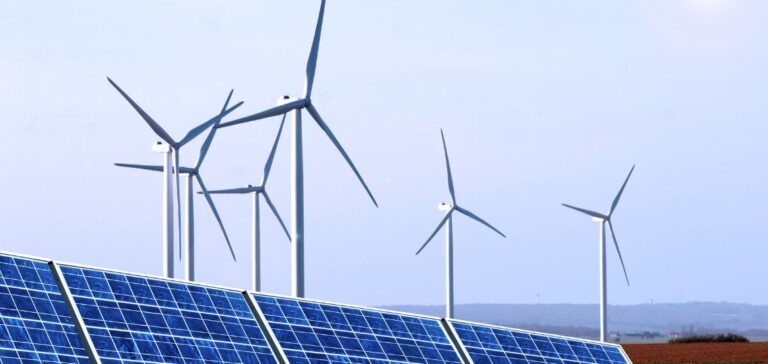The CRE has published a new version of specifications on renewable energy. It concerns the “CRE 4” and “PPE 2” calls for tenders.
CRE intends to deploy 6 GW quickly
The CRE, the energy regulation commission, is responsible for the stability and proper functioning of the electricity and gas markets in France. It is also in charge of setting up the energy policy and ensuring its respect.
Its missions include safeguarding the independence of network operators, providing harmonized rules between France and the European Union, ensuring competition between different suppliers and controlling prices.
The CRE 4 and PPE 2 calls for tenders concern the installation of photovoltaic panels and wind turbines.
The goal is to select producers and projects for the installation of 6 GW. The changes will apply to 17 specifications of the wind, autonomous or solar renewable sectors.
CRE will thus allow producers in difficulty to amortize part of the costs and prices. These are on the rise due to the energy crisis. It will accelerate the sale of their energy production. In fact, the commission will allow these generators to sell the energy produced for 18 months on the electricity markets. Then, they will join the traditional renewable support top-up scheme.
Thus, 3.4 GW would be installed for wind power, 2.7 GW for photovoltaic. The planned changes will allow a 40% increase in the power of the projects selected by the calls for tenders.
France relies on renewable energy
France is thus greatly accelerating its investments in energy independence. It must be admitted that France suffers from a delay in the solar and wind fields. In 2020, only 19% of its total energy mix came from renewable energy. It had therefore not respected its climate commitments to the Union.
The CRE gives a chance to projects that could not be implemented due to lack of profitability to be implemented quickly. This initiative follows the recommendations issued by the Minister of Energy Transition in July.
However, this is not the only measure the government has put in place to combat energy shortages and rising prices. The French government wants to organize a major consultation on the bill to accelerate renewable energy.
The project intends to reduce the time and procedures for the opening of solar or wind farms. In addition, it provides for the expansion of available surfaces along highways and ports in particular. Finally, other measures aim to reduce the electric bills of the individual.
Nevertheless, these devices may not really impact the winter of 2022 for the time being. In addition, some sectors are still pending, such as the methanization sector.






















